"Managing the World' or how leadership crosses cultural boundaries
From Africa to Asia, via the Middle East and France, Jean-Noël can be described as a "serial expat". His 17 years of working in 6 countries, in hierarchical and transversal management functions, have without a doubt enabled him to become a "World Manager" for whom open-mindedness, a desire to understand others and adaptability are the key words.
Jean-Noël Robert
TBS 1995
Head of Business Development – Airbus Corporate Jets
|
Can you briefly describe your background? After graduating in 1995, I started a CSN (former VIE status) at Schneider Electric in Saudi Arabia as a management controller. After a short stint in the International Division in Grenoble (from 1997 to 1999), I was expatriated again to South Korea as Acting CFO, then returned to France in 2022 to participate in a strategic project at the group level. In 2004, I moved to Senegal to take charge of the West African business. An opportunity at Airbus (where I had done an internship a few years earlier) allowed me to join the aircraft sales department of the Middle East region based in Dubai in 2006, and two years later to join the Airbus Corporate Jets (ACJ) Division for the North Asia region. In September 2010, with the opening of offices in China, Japan and Korea, I moved to Hong Kong, again for ACJ. Six years later, I returned to France to the Airbus headquarters in Blagnac, as Global Head of Business Development for ACJ. |
 |
Have you observed any cultural differences in terms of management?
There are obviously local specificities that you have to be able to integrate quickly. Time management is a good illustration: Koreans, for example, almost always travel at the same time, which generates appalling traffic jams in fixed time slots. This is a habit that must be assimilated in order to choose the right time for meetings and trips! In Senegal, it is preferable to avoid the hours when the Friday prayers end to ensure the availability of all the members of your team. This does not mean that projects progress more slowly or that the achievement of objectives is compromised: It is just that time is not always linear in the Western sense of the word. You have to adapt to these customs and be flexible. And sometimes it's good to take your time, rather than letting time dictate your agenda. In fact, since Senegal, I no longer wear a watch and this principle applies very well in all countries!
| Is it the culture or the personality that makes us who we are? |
With hindsight, these cultural differences are only part of a much more complex set of factors explaining the differences. I was able to see that globally these disparities are more linked to the company's situation and even more to the personalities that make up the company, to human diversity in the end. The cultural imprint is only one component of an individual's personality: a good manager has to integrate the specificities of each employee, whose range is much wider than his nationality or country of origin. On the other hand, whatever the cultural background, you can find strong similarities depending on the job. Take the job of a salesperson, for example: Most people will tell you that they are "talkers" (said with a smile); accountants will be labelled as too rigid, no matter what country you are in!
How do you explain these behavioural similarities observed in different cultures?
For these specific examples, I would say that certain behaviors fit better with certain functions: if you are too rigid, you will not be able to sell, whatever your culture. If you're not rigorous enough, you won't be able to keep accounts in a sustainable way. And yet salespeople and accountants have been around in every country since the dawn of time. More generally, economic liberalism, the speed and volume of trade, in short globalization, has led to a homogenization of processes. This can be seen, for example, in the setting of objectives and the evaluation of employee performance within companies, wherever they are located geographically. And when you use a single language for your daily work, as I have done since the beginning of my career, the barriers and differences to communication are reduced.
This does not necessarily mean that cultural differences tend to diminish. On the contrary, it is more a question of integration, or even a global mix of cultures that are distributed: at the risk of falling into clichés, you can meet Japanese people who are more relaxed than Senegalese and Chinese people who are more maniacal than Germans! Finally, the more different styles you experiment with, the more likely you are to find the right tone to optimize the results in each situation, which will necessarily be different from another. In this respect, I would rather talk about international leadership than geographical leadership.
What qualities have you had to and been able to develop as a "World Manager"?
Living in different countries means being able to benefit from not just one but many cultures. This cultural richness can be experienced as a strength and yet each new country brings new ways of seeing and thinking. My son, born in South Korea, having grown up in France, Senegal and the United Arab Emirates, rightly remarked to me when he arrived in Hong Kong: The more you know, the less you know. Although he had already been exposed to four different countries, this young teenager had to rethink his reference points and his reading grid to evolve serenely in this new environment, as did the rest of the family. A beautiful lesson in humility. This is undoubtedly the first indispensable quality, as well as open-mindedness: Accepting not to know, knowing how to free oneself from pre-established patterns and having an unwavering desire to understand without pre- judging .
During my first expatriation, in Saudi Arabia, I worked with 21 nationalities, it was a culture shock, but also an incredible richness. It certainly requires a great deal of mental gymnastics to grasp the different points of view, but it is also a godsend to consider a problem from different angles. Finally, understanding the culture is a way to better appropriate it and then see how to turn it to our advantage. Sometimes I have had to go against cultural codes in order to be more productive. In Korea, for example, approval processes are based on seniority: A junior cannot have a file approved by his manager without going through his senior colleague, even if the latter does not report to him. This way of working had to be broken - not without difficulty - in order to gain in efficiency within the team. This is easier to impose when you come from abroad, because whatever the country, habits die hard!
| Sometimes I have had to go against cultural codes in order to be more productive. |
If you had some advice to give to our alumni willing to embark on the "serial expat" adventure?
eally ‘live’ the country. First of all, you listen, you look, you don't judge, you try to understand and learn... Above all, don't impose yourself and accept that others think and act differently because of their language, their culture and their history. In Korea, for example, don't be surprised if the locals push you around in the street without apologizing. Not knowing your social status, they simply don't know how to approach you as the politeness is different depending on your status. Korea has also been regularly forcibly invaded, resulting in a distrust of foreigners. Once you know this, you are no longer offended by these reactions and once you make the effort to integrate, you can discover how warm and lively Koreans are.
Furthermore, because expatriation confronts you with differences in a strong and immediate way, it will perhaps bring out your own personality traits and your ability or inability to adapt more quickly. It is a real "personality catalyst". The challenge is to select from all the experiences you have had, the right "ingredients" to find the right way to fulfil yourself in your host country. A sort of international cuisine or mixology in short!
Author

Je peux vous conseiller et vous accompagner sur les sujets suivants :
• Marketing digital : online & retail media, CRM, stratégie data, sites web, réseaux sociaux, brand content.
• Ressources Humaines : marque employeur, inbound recruiting, projets web (site carrière, ATS), recrutement (CV et LM, conduite d’entretien).
• Transformation digitale : conduite du changement et montée en compétence des équipes.
Basée à Toulouse, vous pouvez me contacter au préalable par email. Je suis disponible le weekend ou le soir en semaine. See the author's other publication



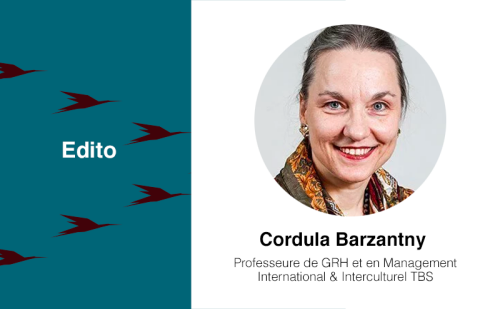
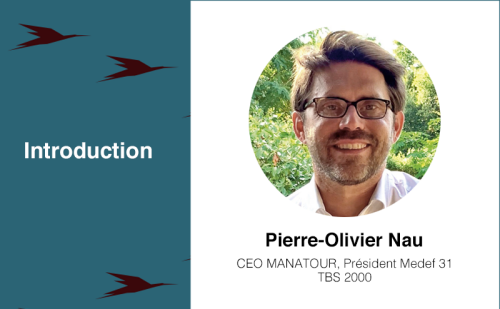
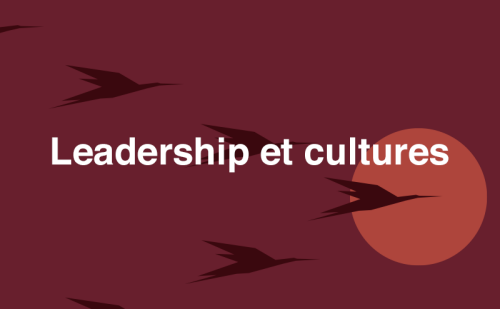
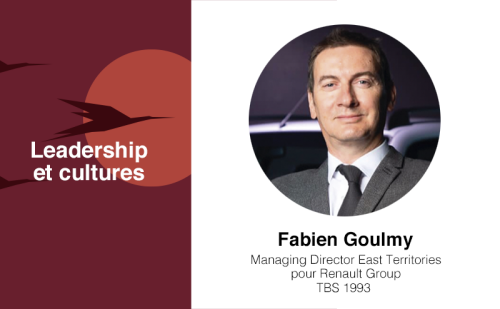
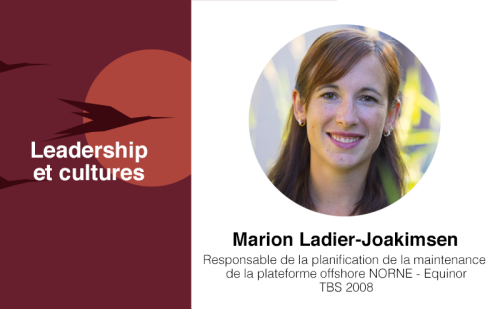
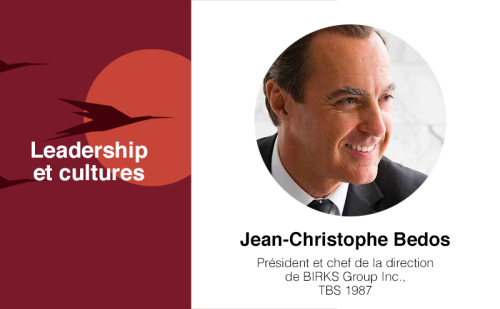
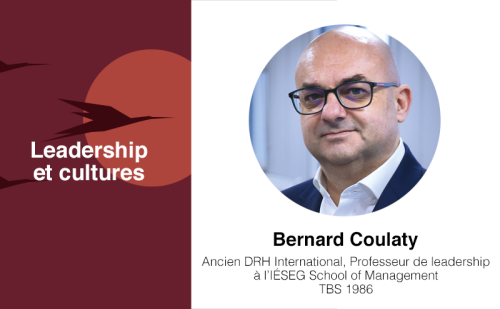
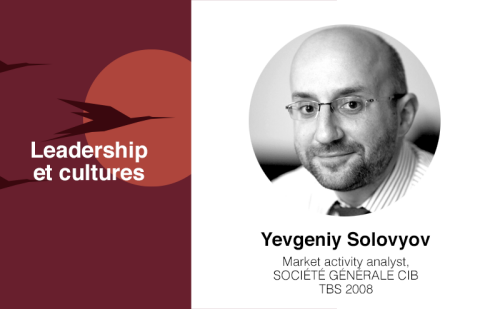
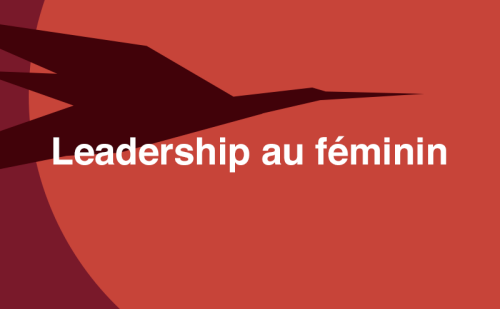

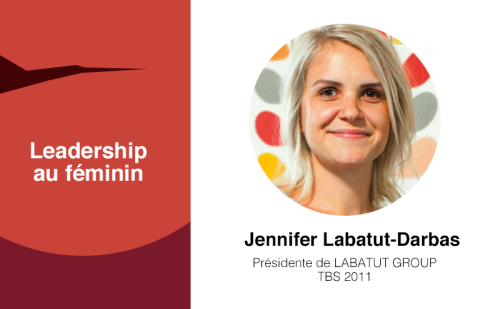


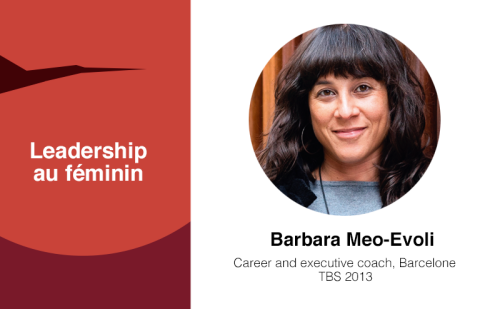
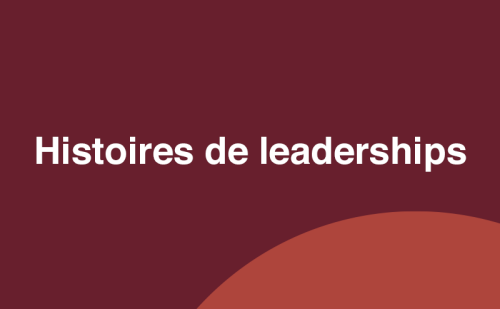

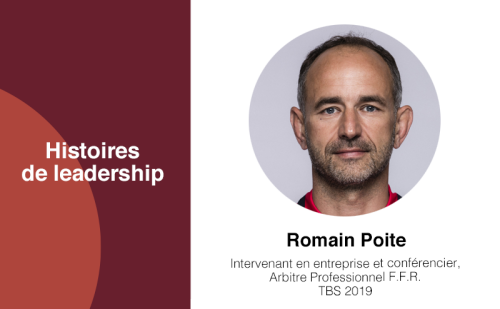
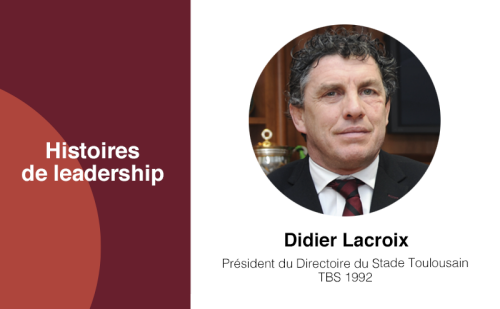


No comment
Log in to post comment. Log in.